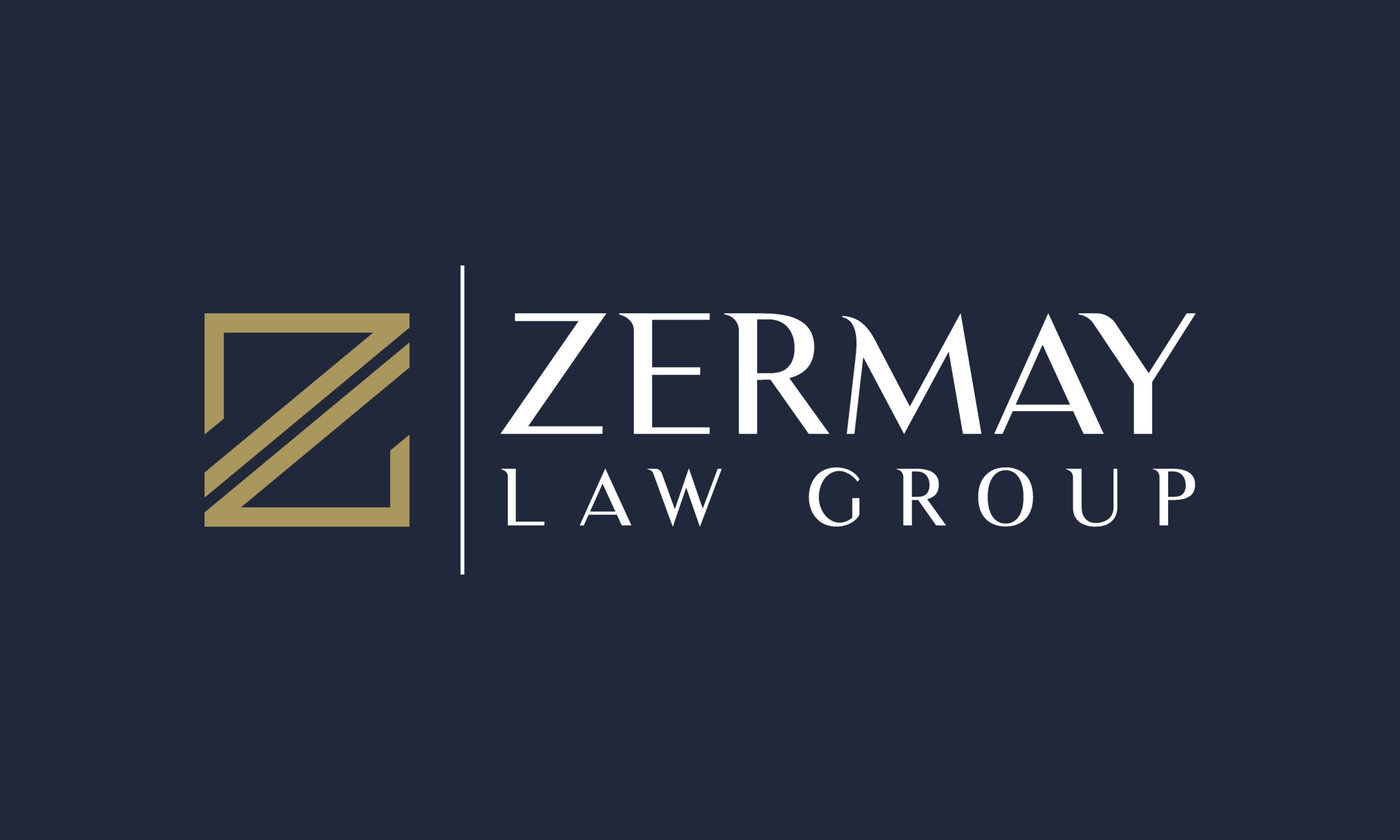Estates, Executors, and the Probate Process
It is important to note that not all assets are subject to probate. Assets held in a trust, for example, can pass directly to beneficiaries without going through probate. Assets with a named beneficiary, such as a life insurance policy or retirement account, also pass directly to the named beneficiary without going through probate.
Additionally, some states have simplified probate procedures for smaller estates. These procedures may allow for a faster and less expensive probate process.
Overall, the probate process can be complex and time-consuming, especially for larger or more complicated estates. It is important for executors and beneficiaries to seek the guidance of an experienced attorney to navigate the probate process and ensure that their rights are protected.
It is important to note that the probate process can vary by state and can be influenced by the specific circumstances of the estate. Some states, for example, have different rules regarding the appointment of an executor or the notification of creditors.
In addition, disputes can arise during the probate process, such as challenges to the validity of a will or disagreements among beneficiaries. These disputes can prolong the probate process and may require the intervention of a court.
It is important for individuals to have a clear estate plan in place to help ensure that their assets are distributed according to their wishes and to minimize the potential for disputes among beneficiaries. An experienced estate planning attorney can help individuals create an estate plan tailored to their unique needs and circumstances.



0 Comments